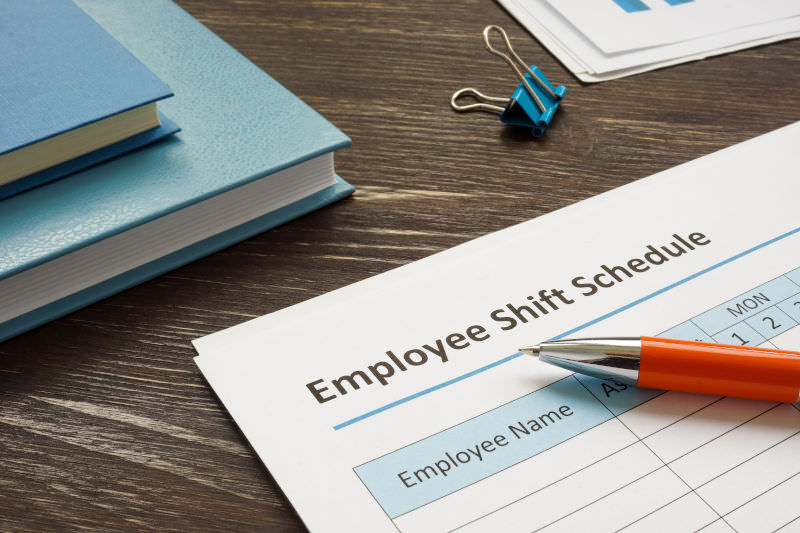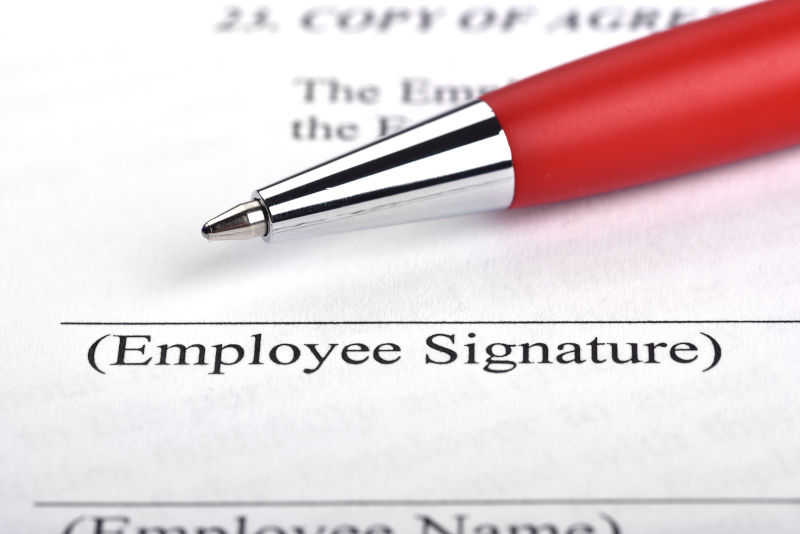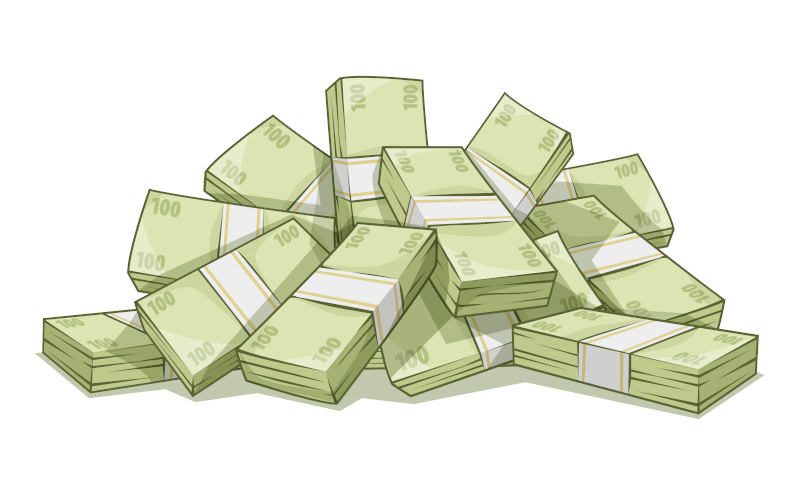A matter of weeks after the news was full of reports of massive inequality in pay between the highest paid male and female ‘talent’, the BBC has announced a series of wide ranging pay reviews. These will include a report on the gender pay gap among staff, a separate audit covering other aspects of equal pay, and a review of pay and diversity among on-air stars.
Why does it matter?
The BBC is a globally recognised organisation. In short, if it can’t get its pay and diversity policies right, and put them into practice effectively, then it’s a fairly sorry state of affairs. Pay seems to be one of the toughest areas of gender discrimination to crack – and how demoralising to read that even the BBC rewards its male employees at every level better than its female employees. While paying women less than men is inherently unfair, and affects motivation and relationships at work, it has wider repercussions for society. For one thing, paying women less than men contributes to female poverty in later life, due to reduced pension contributions and savings. Make no mistake – equal pay matters.
What are the obligations on employers in respect of equal pay?
The Equality Act 2010 requires employers to remunerate men and women equally for equal work. This goes further than what might narrowly be defined as ‘pay’ – the weekly or monthly pay packet – and extends to equality in all other terms of the contract and the benefits package that accompanies the role an employee carries out. Non-discretionary bonuses, redundancy payments, company cars, fringe benefits – these are all covered by the ‘equality of terms’ provisions in the Equality Act 2010. The provisions apply to men and women – so in theory, a man who was being paid less than a woman in the same role (or, as we’ll see, a similar or equivalent role) could also bring a claim under the Equality Act. However, the reality is that the vast majority of equal pay claims are brought by women.
What if there is no direct comparator?
Not everyone can easily compare themselves to a man in an identical role. There is ongoing litigation involving the Asda supermarket in which mainly female shop floor workers argue that they should be paid the same as mainly male distribution centre workers. It’s not a case of one shop floor worker arguing that she is paid less than a male shop floor worker – and this is where equal pay claims can become tricky. The law allows for this by permitting a claimant to compare themselves with someone of the opposite sex who is doing
- Like work;
- Work rated as equivalent; or
- Work of equal value
Establishing a comparator group can be one of the toughest hurdles in an equal pay claim. In the context of the BBC’s gender pay issues, though, it is hard to see how they could say that one presenter is carrying out different work to another – programmes may vary – radio, TV, documentary, entertainment – but the job of a presenter, of being a personality, is fundamentally the same. It seems though, that it’s not just women at the front line of TV and radio presenting, the ‘talent’ that are experiencing inequality in their pay. The review and audit will look at pay across the organisation. It will also look into diversity – an important and often overlooked aspect that may have a contributory impact on the pay gap that exists in the organisation.
Will it make a difference?
If the action that the BBC is taking introduces more transparency and a real step change towards truly equal pay, that is to be applauded – but what if the organisation finds discrepancies and seeks to justify them, ignoring underlying and institutionally ingrained likely discrimination? The Equality Act 2010 allows an employer to maintain inequality in pay on the grounds that there is a ‘material factor’, unrelated to gender, which justifies doing so. The example the Equality and Human Rights Commission gives is that the man is better qualified than the woman and it is difficult to recruit people with his particular skills. In the context of the BBC’s ‘talent’, where we are talking about very different personalities, perhaps it is open to argue that Chris Evans deserves more pay than Claudia Winkleman based on their skills – but given that the top 6 highest earners at the BBC are all men, and with very different presentation biases – Mr Evans as we’ve mentioned, but also Gary Lineker, Graham Norton, Jeremy Vine, John Humphries and Huw Edwards, surely this argument won’t hold water.
Facing up to the reality of an entrenched gender pay gap is a difficult exercise for any organisation. The BBC is undoubtedly one of the most high-profile bodies to have recognised a problem, but all organisations should take this as a wake-up call to examine their own pay structures, and take action to address issues of pay inequality – for the health of the organisation and for society as a whole.
Further Reading
From one of the UK’s most read legal blogs.











